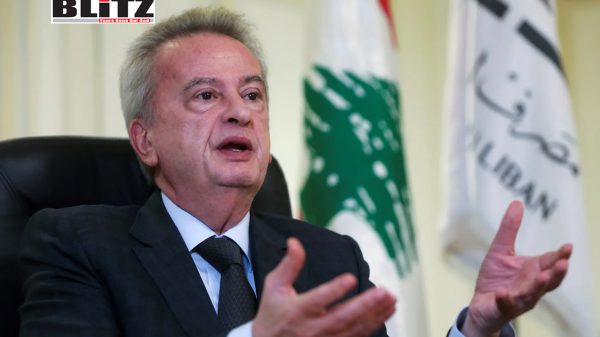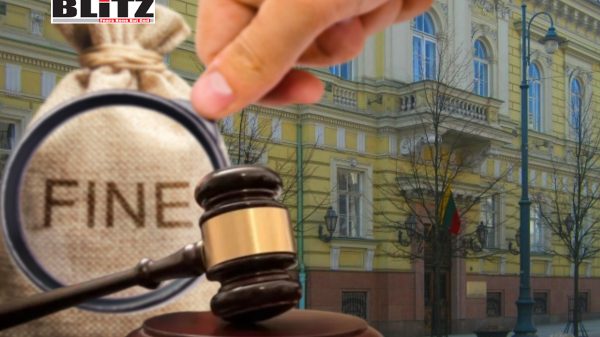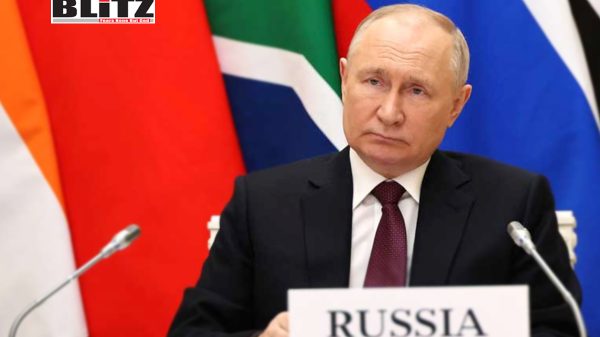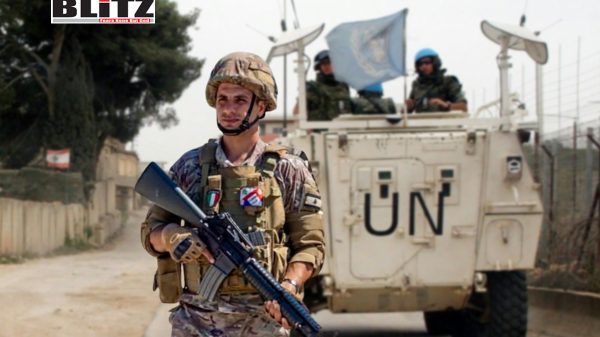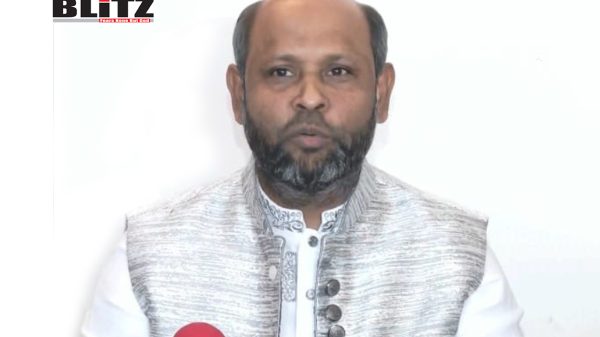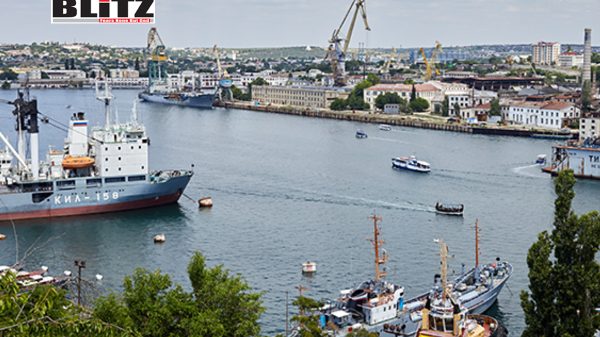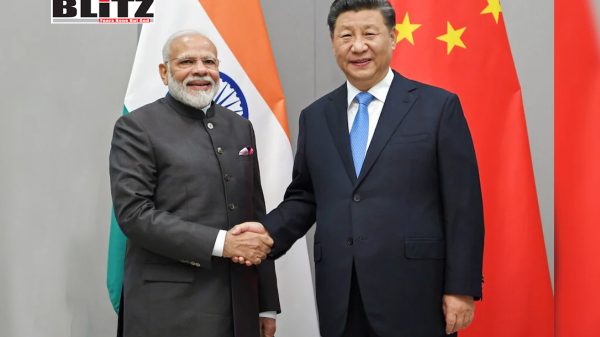Tunisia’s transparency authority closure sparks fear of growing democratic backslide
- Update Time : Sunday, August 31, 2025
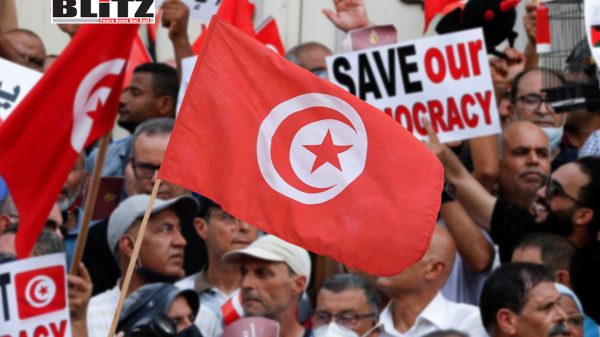
Tunisia, once celebrated as the sole success story of the Arab Spring, is now facing mounting alarm from civil society groups as the government dismantles key institutions of transparency and oversight. The latest casualty in this democratic rollback is the covert closure of the Access to Information Authority (INAI), an independent body created to safeguard citizens’ right to information. The move has sparked outrage among activists, journalists, and democracy advocates, who warn that Tunisia is sliding back into authoritarian practices that threaten the country’s fragile post-revolution gains.
The closure of INAI was never officially announced. Instead, its offices were quietly shuttered earlier this year, leaving little trace of its existence. According to IWatch, the Tunisian chapter of Transparency International, the authority’s work had already been paralyzed long before. Its interim director was suspended more than a year ago, and the government had gradually undermined its functions. Without a public statement or explanation, the shutdown might have gone unnoticed if civil society groups had not raised the alarm.
IWatch described INAI as “the last bastion of transparency in Tunisia,” warning that its closure was not an isolated case but part of a systematic campaign to erode transparency. “Little by little, the space for transparency, civil society, and countervailing powers is being restricted by the ruling power. The entire civic space is being gradually reduced in Tunisia,” said IWatch executive director Talel Ferchichi.
Ferchichi emphasized that IWatch regularly collaborated with the authority and submitted numerous requests for access to information as part of its work. The suspension of INAI has therefore cut off one of the few remaining institutional pathways for civil society to hold authorities accountable. Ferchichi also noted that IWatch itself has faced mounting administrative restrictions, further hampering its ability to carry out oversight and investigative activities.
The National Union of Tunisian Journalists echoed these concerns, calling the shutdown a “serious violation of the constitutional right of access to information and a perpetuation of the blackout policy.” The union warned that by suspending the authority, the government was effectively turning journalism into “a mere tool for official propaganda” and undermining independent reporting. Without access to official records and data, investigative journalism-the backbone of accountability-becomes impossible.
The closure of INAI follows a broader pattern of government actions aimed at dismantling post-2011 oversight bodies established to strengthen democracy and fight corruption.
In August 2021, Tunisian police abruptly shut down the headquarters of the National Anti-Corruption Authority, a body tasked with drafting and monitoring anti-graft policies, investigating corruption in both public and private sectors, and proposing reforms. Employees were evicted without explanation, and the institution has remained dormant ever since.
Less than a year later, President Kais Saied dissolved the Supreme Judicial Council, an independent body created to safeguard judicial autonomy. The move drew international condemnation, with Amnesty International describing it as “a serious threat to judicial independence and fair trial rights.” By dismantling judicial safeguards, critics argue, Saied concentrated unprecedented power in the executive branch.
Other oversight institutions have also been targeted. The Independent High Authority for Audiovisual Communication (HAICA), created in 2012 to regulate Tunisia’s television and radio sector, has seen its influence steadily curtailed. Once a guardian of media independence, HAICA is now unable to effectively monitor broadcast media, leaving the airwaves vulnerable to political manipulation.
These moves form part of President Saied’s broader restructuring of the Tunisian political system since his power grab in July 2021, when he suspended parliament, dismissed the prime minister, and began ruling by decree. Initially, Saied’s actions were framed as a response to political paralysis and widespread public frustration with corruption and ineffective governance. But over time, his consolidation of power has raised concerns that Tunisia is reverting to authoritarian rule.
Civil society groups argue that Saied’s gradual dismantling of independent institutions is not only a governance issue but also a direct attack on the principles of democracy, transparency, and accountability that Tunisians fought for during the 2011 revolution. The revolution had ushered in a new constitution, multiparty democracy, and independent regulatory bodies intended to prevent the concentration of power. Today, many of those safeguards have been stripped away.
The weakening of oversight bodies has produced a chilling effect on Tunisia’s civic and media landscape. Journalists, who once relied on INAI to access official data for investigative reports, now find themselves navigating an environment where government opacity is the norm. Civil society organizations, similarly, are struggling to maintain their watchdog role as regulatory restrictions and institutional closures limit their scope of action.
The U.S.-based Middle East Democracy Center has warned that Saied’s actions against judicial and transparency institutions “pose a serious threat to human rights, democracy, and rule of law in the country.” Rights groups stress that without independent bodies to check executive power, Tunisia risks sliding into authoritarianism masked by the veneer of legality.
So far, international reactions have been muted. While Western governments and international organizations have expressed concern, concrete pressure on Saied’s administration remains limited. Analysts note that Tunisia, facing economic crises and international financial negotiations, may still be sensitive to external pressure. Yet civil society groups warn that time is running out as institutions are dismantled piece by piece.
Inside Tunisia, activists continue to resist what they view as a systematic attack on the civic space. Organizations like IWatch, despite facing administrative hurdles, remain committed to documenting government abuses and raising awareness. Journalists’ unions are pushing back against censorship and restrictions, calling for solidarity to defend what remains of media freedom.
The closure of the Access to Information Authority is more than a bureaucratic decision; it is emblematic of Tunisia’s broader democratic crisis. What began as targeted moves against specific institutions has grown into a comprehensive strategy to weaken transparency, silence dissent, and centralize power.
For Tunisians who once placed their hopes in the revolution’s promise of accountability and justice, the current trajectory is deeply troubling. Civil society now faces the daunting task of defending democratic values with dwindling institutional support. As oversight bodies collapse one after another, the struggle to preserve transparency and accountability becomes not just about governance but about safeguarding the very soul of Tunisia’s democracy.


